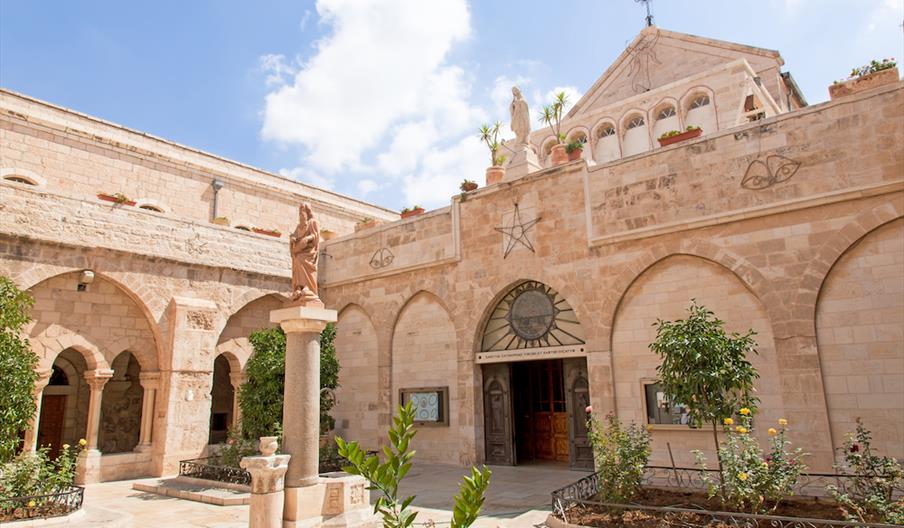
About
Summary
Due to its new status as an autonomous region it was important for the authorities in Palestine to collect statistics relating to the tourism sector, in order to assist with policy making, planning, monitoring, and marketing tourism in the region. This project was commissioned by the United Nations World Tourism Organization to establish a set of statistical guidelines for Palestine, develop an information system for planning and marketing purposes, and undertake formal and on-the-job training to staff in the Ministry of Tourism and Antiquities.
Our Approach
The project focussed on four main statistical areas: measuring the number of international inbound visitors, measuring accommodation occupancy, implementing a visitor survey, and developing an inventory of tourism characteristic businesses. The measurement of inbound tourism in Palestine was not straightforward due to the absence of international borders, so options for estimating arrivals via accommodation and attractions surveys were provided. Accommodation statistics were already being collected by the Palestinian Central Bureau of Statistics (PCBS), however amendments were proposed to improve the quality of the data.
The study designed and implemented a visitor expenditure and motivation survey which was executed in Bethlehem with a total sample size of 375. The process included the development of the questionnaire, interviewer manuals, and coding manuals for processing the data.
A Tourism Information System was programmed in Microsoft Access for processing accommodation occupancy data, and providing an inventory database for accommodation, restaurants, transportation, culture/recreation/sport, tour operators/travel agents and other services.
Outcome
An implementation schedule for the collection of tourism statistics was developed for the period from September 1997 to January 2000. During this period the collection of visitor arrivals and expenditure statistics, enhanced accommodation statistics, and detailed statistics on the tourism supply were scheduled.
Training was provided to staff in the Ministry of Tourism and Antiquities to operate the Tourism Information System, with its main purpose being to keep track of establishments supplying the tourism sector and to provide tourists with useful and practical information to assist them during their stay.
Directions
Projects Nearby
A detailed study into Religious Tourism and the European market of believer and…
Based on input-output tables generated by the Jordanian Department of Statistics, and…
Acorn worked with GOPA on this Tourism Digital Transformation and Product Development and…
This study was part of the joint project of the European Bank for Reconstruction and…
Compiled a tourism satellite account for 2016 to measure tourism's contribution to the…
Acorn compiled the first Tourism Satellite Account (TSA) for Jordan with a reference year…
The overarching objective of the Jordan Sustainable Tourism Programme 2021-25 is to…
Developed a model for projecting visitor arrivals and expenditure to Jordan, the Middle…
Review of the system of tourism statistics in Syria, with recommendations for…
Research for the Jordan Inbound Tour Operator Association to better understand its…
Designed the questionnaire for a new comprehensive exit survey for international visitors…
Developed a proposal for the Cyprus Tourism Organisation to submit to the EC for funding…
The Saudi Tourism Authority established a target of identifying, designing and supporting…
This study was commissioned to investigate the planning and management of the NEOM Marine…
Business study to assess the viability of a tour operating company that would focus on…
Specialist niche market report on Religious and Pilgrimage Tourism that looks at the…


.png)






